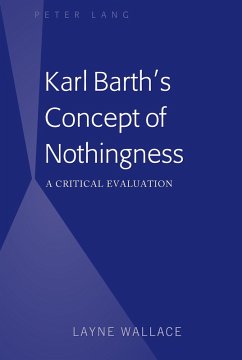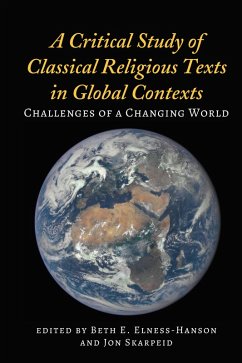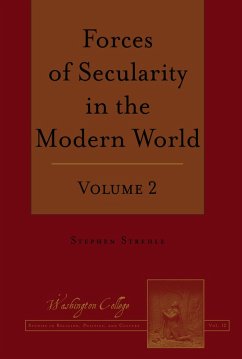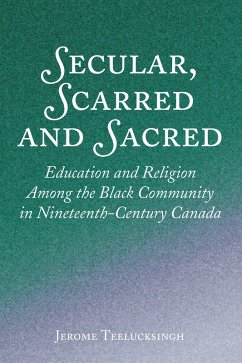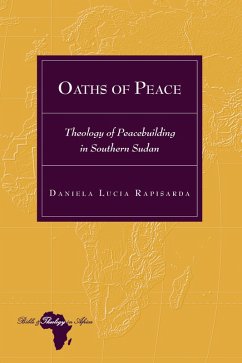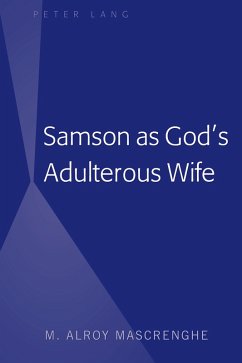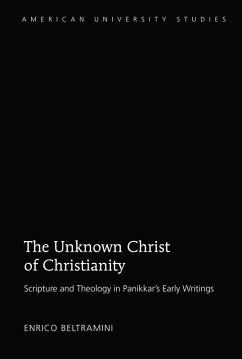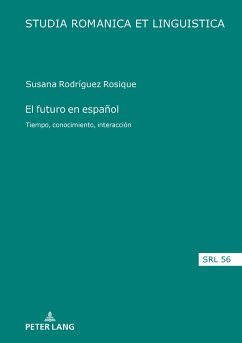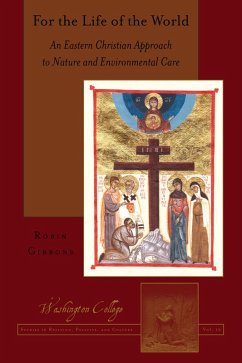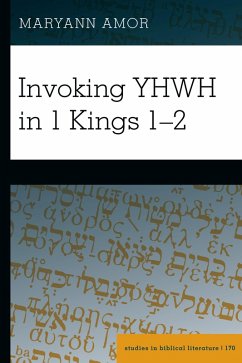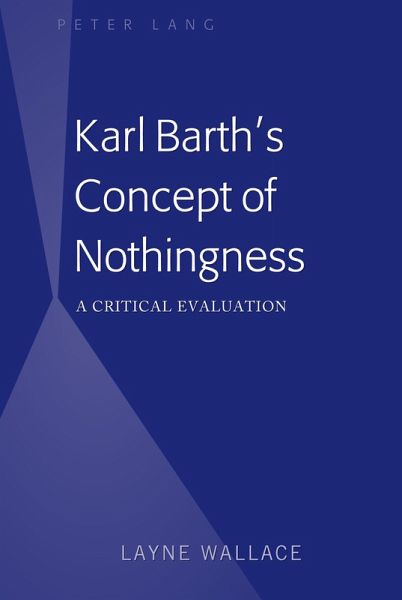
Karl Barth's Concept of Nothingness (eBook, ePUB)
A Critical Evaluation
Versandkostenfrei!
Sofort per Download lieferbar
Statt: 105,95 €**
81,95 €
inkl. MwSt.
**Preis der gedruckten Ausgabe (Gebundenes Buch)
Alle Infos zum eBook verschenkenWeitere Ausgaben:

PAYBACK Punkte
41 °P sammeln!
Karl Barth's Concept of Nothingness: A Critical Evaluation is an examination of Barth's discussion of the problem of evil in the Church Dogmatics. It provides a thorough exegesis of Barth's thinking on the origin of evil and the nature of the "shadow side" of creation in dialogue with John Hick and David Bentley Hart. The book's primary focus is in demonstrating the logical difficulties in Barth's thinking on the problem of evil. Further, it proposes a way forward that is beneficial to the pastor and provides hope and comfort to those in the midst of suffering and evil.
Karl Barth's Concept of Nothingness: A Critical Evaluation is an examination of Barth's discussion of the problem of evil in the Church Dogmatics. It provides a thorough exegesis of Barth's thinking on the origin of evil and the nature of the "shadow side" of creation in dialogue with John Hick and David Bentley Hart. The book's primary focus is in demonstrating the logical difficulties in Barth's thinking on the problem of evil. Further, it proposes a way forward that is beneficial to the pastor and provides hope and comfort to those in the midst of suffering and evil.
Dieser Download kann aus rechtlichen Gründen nur mit Rechnungsadresse in A, D ausgeliefert werden.




